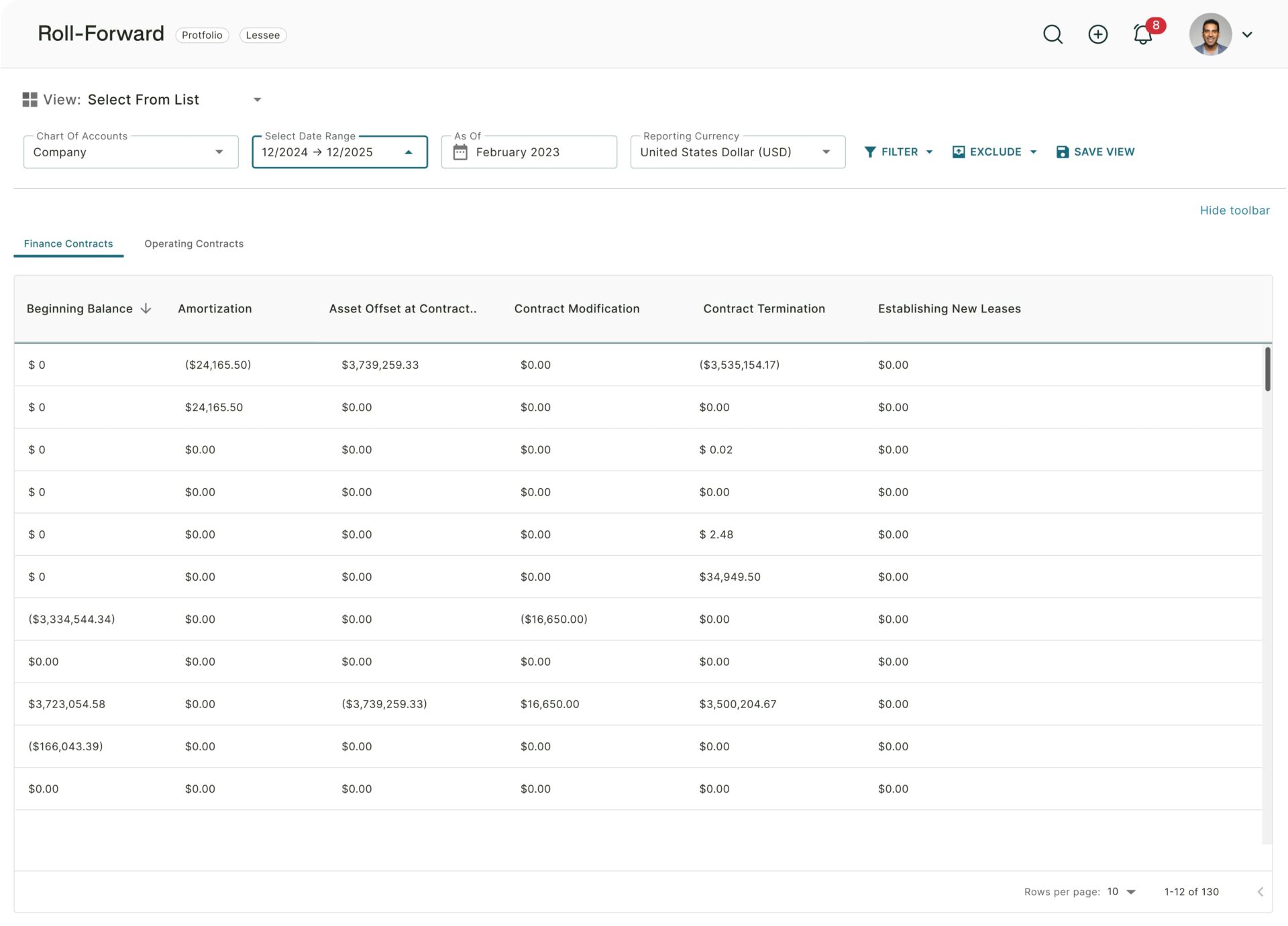In finance and accounting, the next big thing isn’t a new financial app or regulatory change—it’s a programming language called Python. As artificial intelligence reshapes the industry, finance professionals are finding that their toolkit needs a significant upgrade.
In a recent episode of “AI: Accounting Intelligence,” the podcast that keeps you at the forefront of the AI revolution in finance, host Isaac Heller, CEO and Co-founder of Trullion, spoke with Nic Boucher, founder of the AI Finance Club and AI finance expert. Boucher shares his vision of the future of finance skills, a future where Excel skills alone no longer cut it.
By embracing Python and AI literacy, forward-thinking finance professionals can unlock new career opportunities, enhance their strategic value, and position themselves as indispensable assets in the AI-driven future of accounting and finance.
Let’s dive into three game-changing areas that are reshaping the finance profession.
Tailoring AI Implementation for Your Finance Department
When it comes to AI implementation in finance, one size doesn’t fit all. Boucher emphasizes that organizations should tailor their approach to AI adoption based on their size and capabilities. Let’s break it down:
- Small companies and startups should focus on upskilling their teams in generative AI (GenAI) and machine learning. This doesn’t mean becoming AI experts overnight. Instead, it’s about leveraging tools like ChatGPT for data analysis tasks. Boucher says, “You don’t need to know how to code it yourself. You can just ask a GenAI tool to get the code, and then the work is done.”
- Medium-sized companies can take it a step further. Boucher recommends adopting specific AI tools for demanding processes and starting to use forecasting models. Boucher provided an example of using a tool like Zapier or Power Automate from Microsoft to combine document intelligence with accounting software. The system can get the invoice, extract information from it, and book it inside QuickBooks, Xero, or NetSuite, automating the accounts payable process in just one day. “It’s a really easy API integration,” Boucher explains.
- Large enterprises have the resources to implement AI strategies at multiple levels, from individual teams to entire business units. Boucher predicts that by the end of the year, we might see integrations allowing tasks like bank reconciliation to be done seamlessly between SAP, Microsoft Copilot, Outlook, and Excel.
The key takeaway? Regardless of your company’s size, there’s an AI implementation strategy that can work for you. But to truly leverage these new technologies, finance and accounting professionals must add a powerful tool to their arsenal: Python.
Python: The New Essential Skill for Finance Professionals
“Python is the new tool to learn,” says Boucher. “Accountants really needed to master Excel in the past. Now Python is becoming the new must-have tool because Excel can’t do complex visualizations and it takes a lot of knowledge and effort to combine files for data crunching or perform complex financial analyses.”
Python overcomes many of Excel’s limitations, especially when it comes to complex visualizations, efficient data processing, and advanced forecasting. Boucher points out, “For example, with Python, with just one line of code, you can combine 100 files together. It takes one second.” Try doing that efficiently in Excel!
The best part? You don’t need to be a coding whiz to use Python effectively. Thanks to GenAI, finance professionals can leverage Python without extensive coding knowledge. This accessibility is democratizing the use of Python in finance departments across the globe.
Real-world applications of Python in finance are numerous and powerful. You can use it to create sophisticated financial models, automate report generation, or leverage advanced algorithms for forecasting. Imagine being able to predict your company’s revenue trends for the next three years with just a few lines of code and some historical data.
What’s truly exciting is that this isn’t just for data scientists or IT professionals. Boucher reveals, “We offer training for tech CFOs, fractional CFOs, and heads of finance. We show them in ten minutes how they can use Python to combine files and automate some of their processes.” This shows how essential Python is becoming at all levels of financial leadership.
Becoming an AI Champion: The Finance Professional’s New Role
Who’s best positioned to lead this transformation as AI reshapes the business landscape? According to Boucher, it’s finance professionals. But why?
“I think people in finance are too humble,” Boucher explains. “We don’t see how much we have to deal with every day. We need to master the ERP. We need to know everybody in all of the departments. We need to deal with a lot of changes. We are at the end of all the processes and when the figures don’t come out right we need to make it right.”
This unique combination of skills—mastery of ERPs, broad business knowledge, and the ability to connect dots across departments—makes finance professionals ideal AI champions. You’re not just number crunchers; you’re the ones who understand how data flows through the entire organization.
So, how can you step into this AI champion role? Start by identifying areas in your finance processes that could benefit from AI. Then, leverage your newfound Python skills to create proof-of-concept projects. Share your successes with other departments, and don’t be afraid to collaborate with IT to scale your solutions.
By taking the lead in AI adoption, finance can elevate its role from a support function to a strategic partner. Heller shares an exciting example of a Chief Accounting Officer who recently became a CIO at a mid-cap public company. He earned that role, in part, by implementing Trullion.
“It was one of the only use cases across the business, but now in 2024, they’ve identified 25 use cases, not just in accounting. Most of them across the business: customer experience, supply chain, everything,” Heller shares. This underscores how AI expertise can dramatically expand the influence of finance professionals.
This transition to strategic leadership is possible because finance can demonstrate AI’s value in critical areas like forecasting, deriving insights from historical data, and process automation. But becoming an AI champion isn’t just about personal advancement. It’s about bringing your entire team—and organization —along for the ride. As Boucher emphasizes, “Once you learn, don’t keep it for yourself, share it around because we need everybody with us to continue to move finance towards the future.”
Embracing the Future of Finance
From tailoring AI implementation strategies to mastering Python and becoming AI champions, finance professionals have an unprecedented opportunity to unlock new career paths, enhance their strategic value, and position themselves as indispensable assets in their organizations.
The implications are clear: those who embrace these new skills will find themselves at the forefront of the industry, driving innovation and shaping strategic decisions. Adding AI and Python to your toolkit will not just enhance your technical skills. It will transform you into a tech-savvy strategic leader in the AI-driven future of finance.
Ready to take the next step in your AI-powered finance journey? Don’t miss the full episode of “AI: Accounting Intelligence” to gain more practical tips, hear real-world success stories, and learn about resources like Boucher’s AI Finance Club. The future of finance is here, and it’s more exciting than ever. Listen now and start shaping your AI-driven future!





